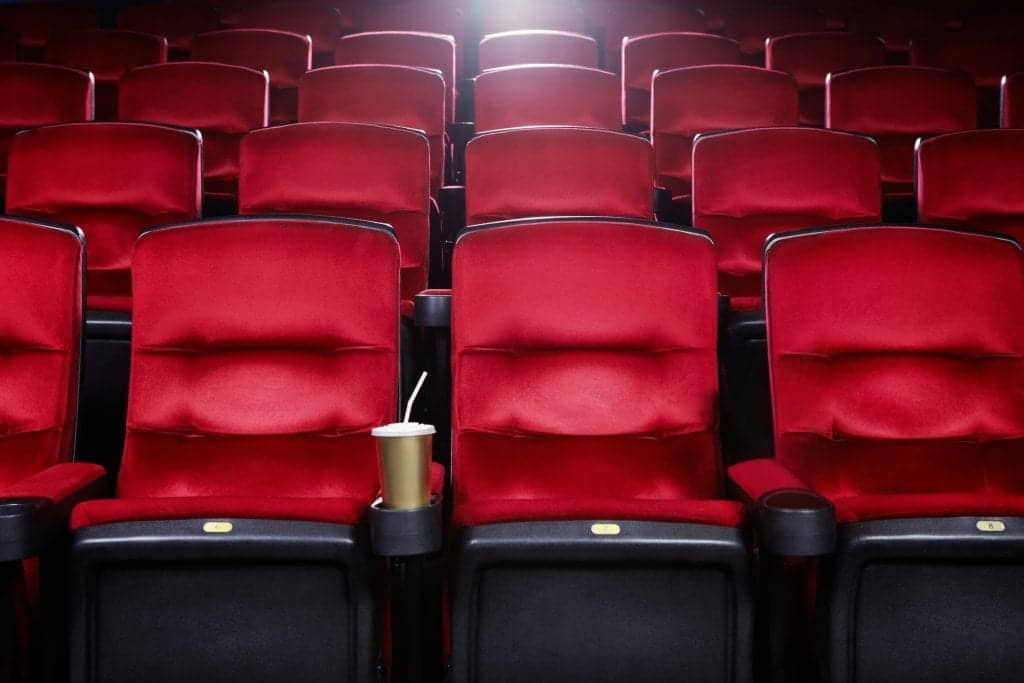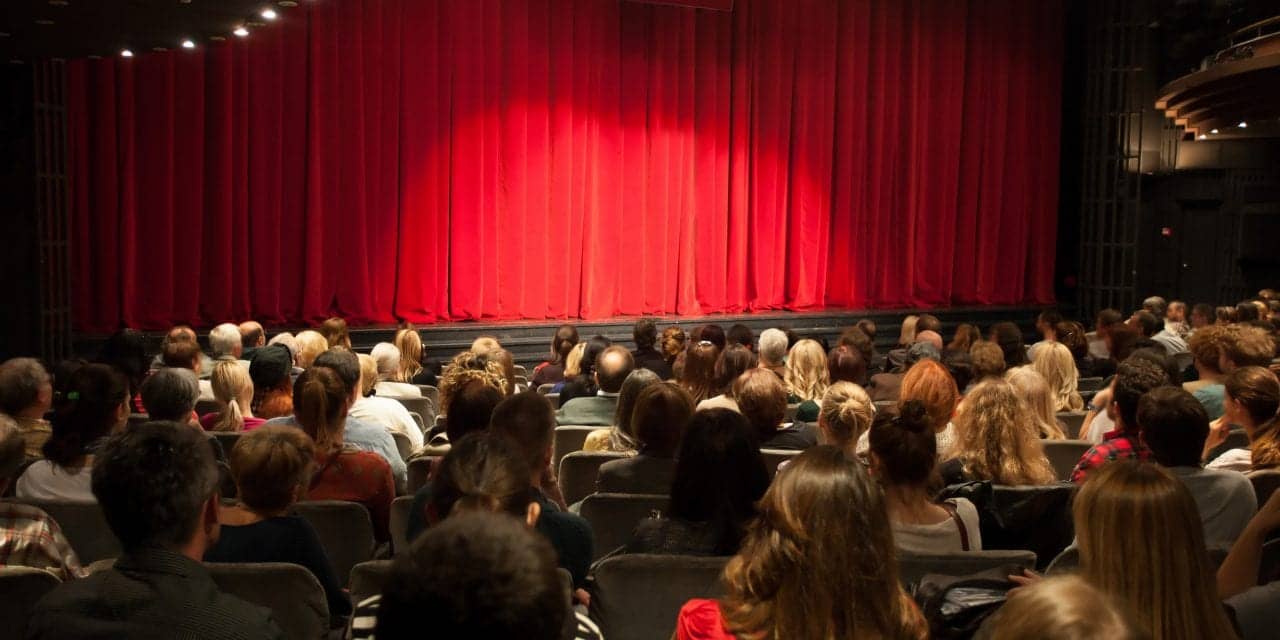An estimated 48 million Americans experience some degree of hearing loss. Purdue University Theatre Department announced that it has engaged Gamiotics to implement a new technology at shows on campus, allowing deaf and hearing-impaired audiences to enjoy live performances through the use of closed captioning in the palm of their hands.

Richard Dionne, who delivered the opportunity to work with the technology to the University said, “We are thrilled to be early adopters of Gamiotics to present captioning to our in-person audiences. Accessibility is something I feel strongly about, and in the past, we have explored other captioning technologies, with varying degrees of success. However, the technologies we looked at required not only a large expense for proprietary equipment but also required attendees to learn new hardware that we would provide and/or download apps to their personal devices. Gamiotics, the best direct-to-device solution, is both feasible financially and easy to use with no additional downloads or new technologies to learn.”
Gamiotics, the brainchild of Founder and CEO David Carpenter, is a browser-based interface that allows any smartphone to access the platform. Audience members or event attendees are delivered information in real-time and can access the technology and content from anywhere in the world. “When we began the ideation of how our direct-to-device technology could be utilized across verticals, we knew that the accessibility would be a key differentiator between our offerings and others,” said Carpenter.
“With more than 3,500 patrons at Purdue University Theatre performances each season, we are constantly addressing the needs of our audiences, both physically and mentally. As easy as a hand-held captioning device or infrared assistive listening headsets can seem to use, for some they are not that easy,” said Dionne. “Additionally, accessing those devices requires a patron to be willing to share their accessibility needs, which can be embarrassing and limit patrons’ usage. Allowing patrons to use their own devices—devices they are familiar with, and which they can access privately—removes these barriers.”
In live performance, hearing-impaired patrons are often faced with the problem of having to split visual focus, whether it be through a sign interpreter or caption display, with the action taking place on stage. Through the Gamiotics delivery of closed captioning on a handheld device, they can move the screen to a position that allows them to easily see both the captions and the action without having to look back and forth.
“Gamiotics is an enormous step in our accessibility measures. In the future, it is my hope that we can expand our accessibility offering to include audio-described performances and sensory-friendly performances; however, we have more work to do in our community to determine the extent to which these are desired/would be utilized,” said Dionne.
Source: Purdue University
Image: Purdue University





